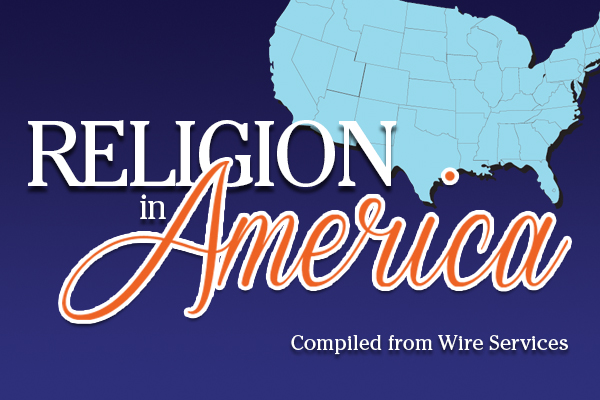SaUnder a tidal wave of pressure from disparate religious groups, a House committee voted unanimously to strike a provision that would have allowed religious organizations to get more involved in electioneering.
The “Safe Harbors for Churches” provision was tucked into a tax bill, and the Ways and Means Committee voted June 14 to reject the proposal.
Under the proposed legislation, religious leaders would have been able to endorse political candidates as long as they did so as “private citizens” and not as the head of an organization. Also, clergy members would be allowed three “unintentional” violations of the IRS’ rules governing political activity within a calendar year.
The penalties for breaking rules included taxing greater portions of organizations’ revenue and would have “opened the books” for the IRS to audit them, which was declared anathema by some religious leaders.
Richard D. Land, who heads the Southern Baptists’ Ethics & Religious Liberty Commission, wrote a letter to Hastert calling the Safe Harbors provision “dangerous” and “an unacceptable intrusion of the IRS into the business of a church.”
Instead, Land favors something like a bill defeated in House in 2002 that would have prevented a religious group’s tax-exempt status from being affected by partisan political statements.
While opposing the legislation for different reasons, Joseph Conn of Americans United for Separation of Church and State said that it was a “nice surprise. We rarely wind up on the same side as the Rev. Land.”
Conn’s group, as well as the Anti-Defamation League, said that religious organizations enjoy a “huge benefit” from their tax exemptions “because people have the incentive to give them money knowing they could get some back” in the form of tax write-offs. In exchange for this benefit, the ADL says, there is a quid pro quo: Those religious groups cannot engage in electioneering.
“If the churches are allowed to make political efforts, what will in effect happen is that people can give money to their church and be funding a political advocacy program and get to write it off on their taxes. That would provide a way to funnel huge sums of money directly into the political process,” said the ADL’s David Alter.
Some people on Capitol Hill suggested that the Safe Harbors provision was added to enlist support for the larger tax bill of which it was a part. The American Jobs Creation Act of 2004, which includes tax cuts for businesses, will now move to the House floor without the provision. (RNS)





Share with others: